Accueil - Piano tuner and technician in Montreal, North Shore and South Shore
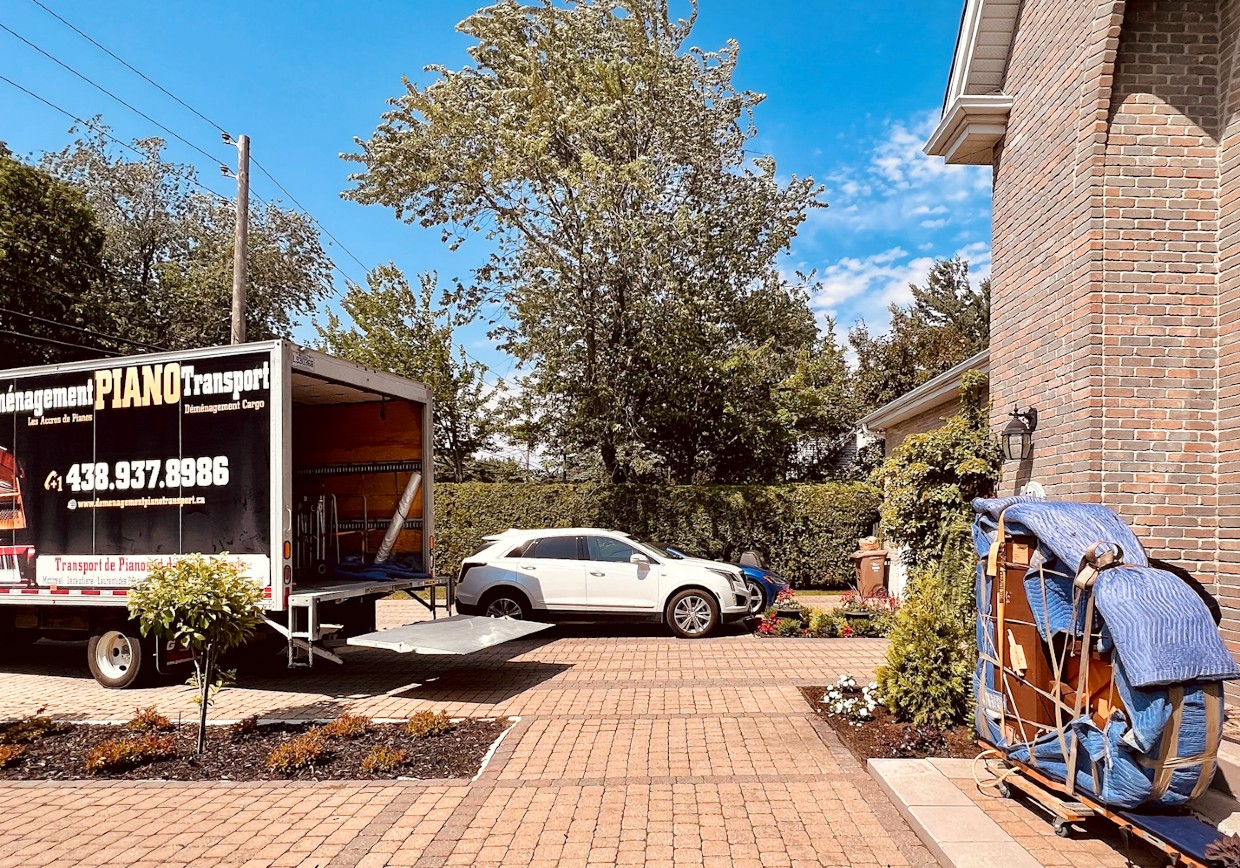
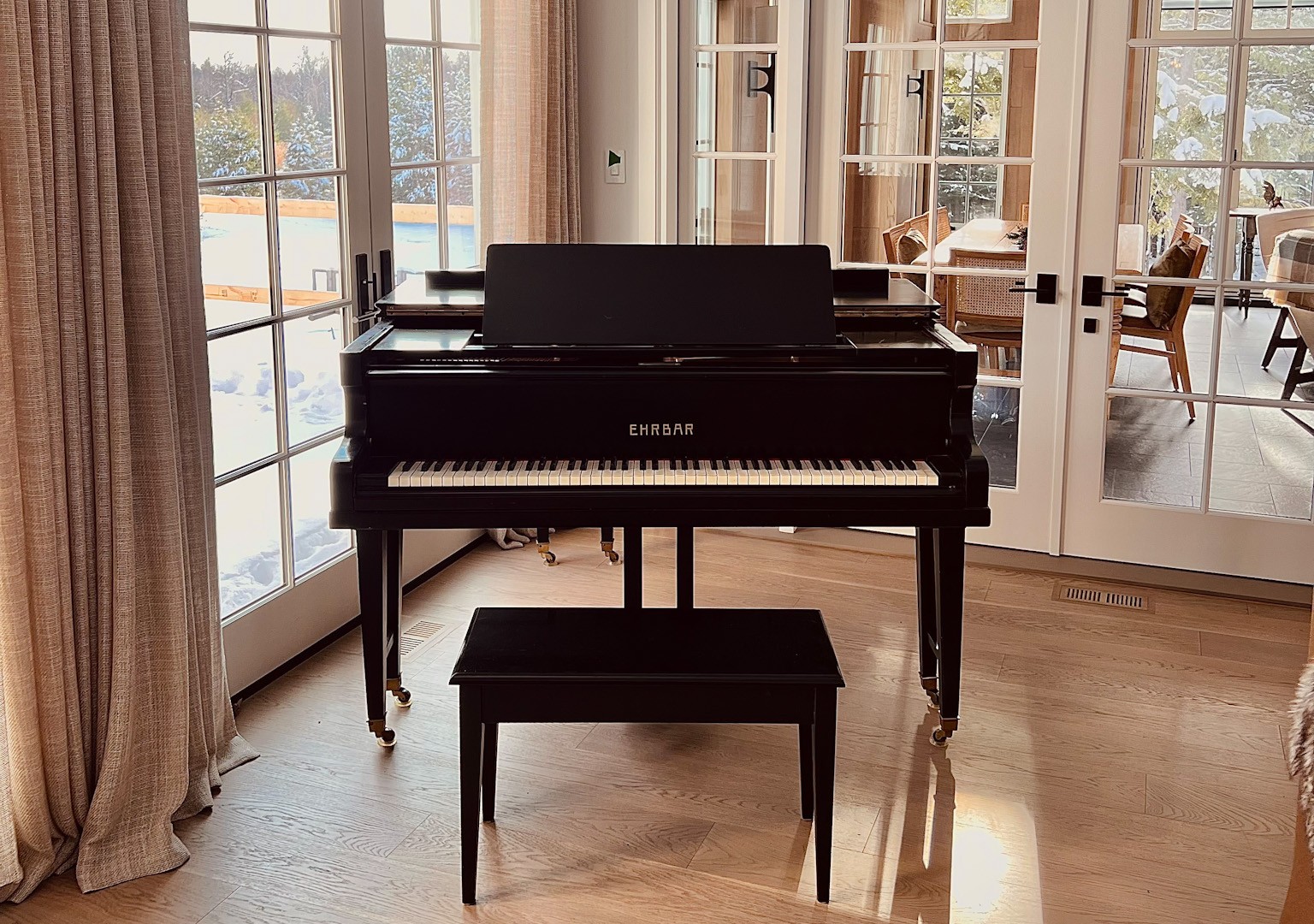
In this section, we describe the steps to follow for the care and maintenance of a piano and you will also have access to several tuners that we trust. You would also be able to find a tuner closest to your home to reduce travel costs.
An upright or grand piano will need periodic tuning and checking to ensure proper operation. A simple agreement will only be possible on a regularly maintained instrument and to subsequently avoid problems which require quite expensive operations such as e.g. tuning, tuning and mechanical adjustment must be done at least 1 – 2 times per year. However, this is not a rule! A piano must be tuned as soon as it sounds out of tune! Usually, tuners advise tuning it in autumn when you start heating the home and in spring after turning off the heating.
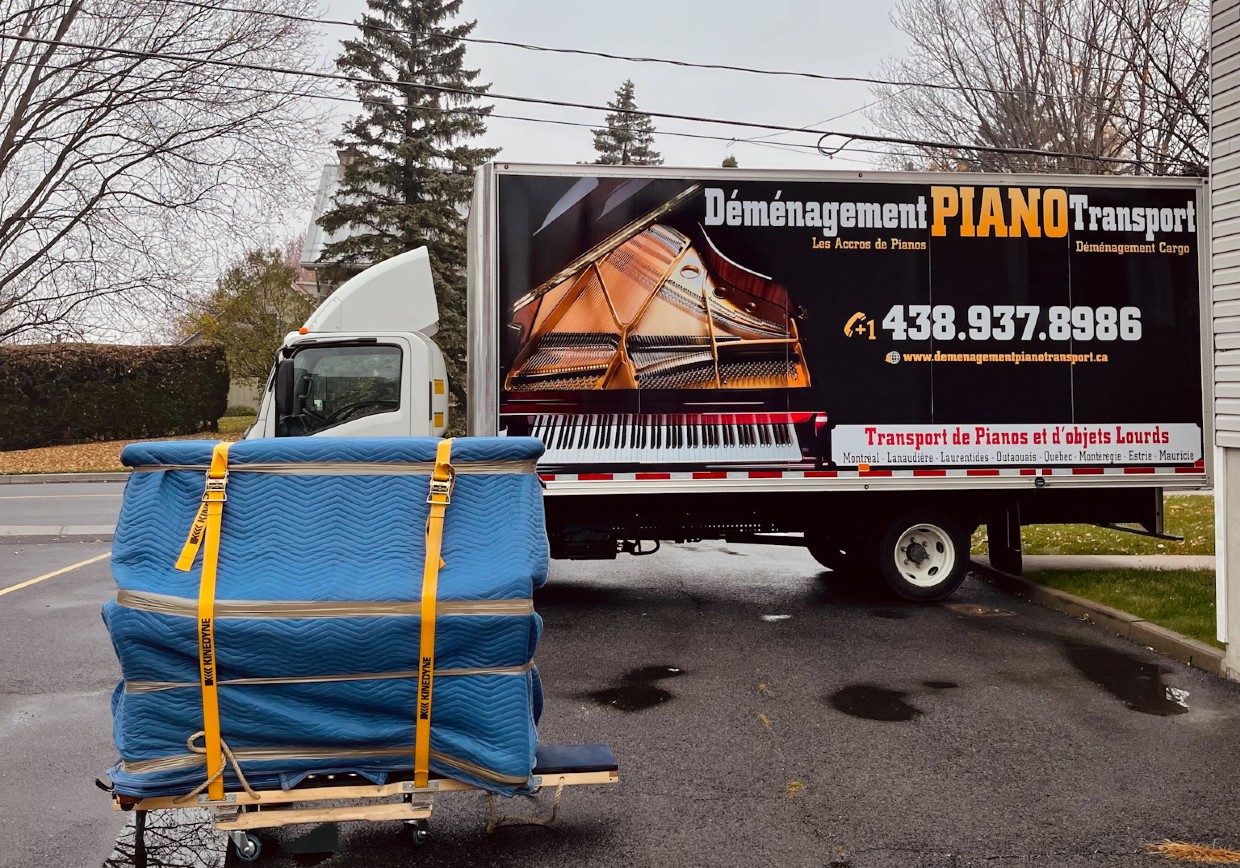
Tuning a piano is a complex process that requires a lot of skill and knowledge. This involves adjusting the tension of the piano strings, which are made of metal, to the correct height. To do this, we use a tuning hammer to adjust the tension of the strings. The tuning hammer is used to tap the strings and adjust the tension until the desired pitch is reached. Additionally, the piano hammers must be adjusted so that the sound produced by the strings is uniform and balanced.
Finally, the piano soundboard should be checked for any signs of damage or wear. All of these steps are necessary for the piano to produce the best possible sound. With regular tuning, a piano can remain in tune for many years and provide beautiful music to its owner.
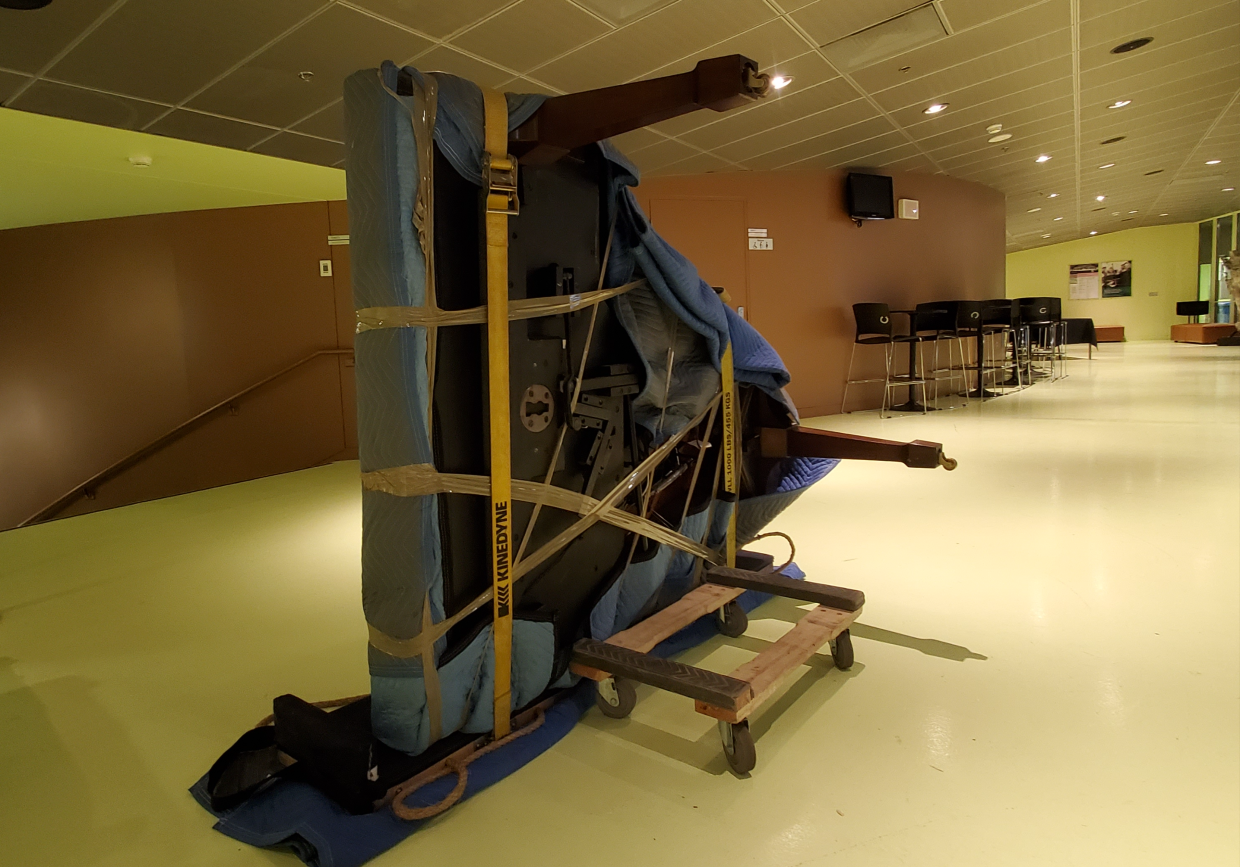
Frequently Asked Questions: How do you move pianos? …Because if you are professionals the instrument must not go out of tune when moving!
To answer your question, let’s start with the structure of a piano. It is mainly made of metal and wood. According to the laws of physics, metals expand with heat and contract when they cool. Take for example the transport of a well-tuned piano over a distance of 60 km, from a heated and dry apartment, to a cooler and humid house. A few days later, the piano sounds out of tune! As you have understood, it is the change in temperature and humidity linked to moving, rather than the transport itself, which puts the piano out of tune. Another factor that will affect tuning is the quality of the parts. A piano will not be more expensive for its beauty, but rather for the quality of the materials used in its construction. Thus, we can compare a grand piano costing $1,000 with one costing $60,000.
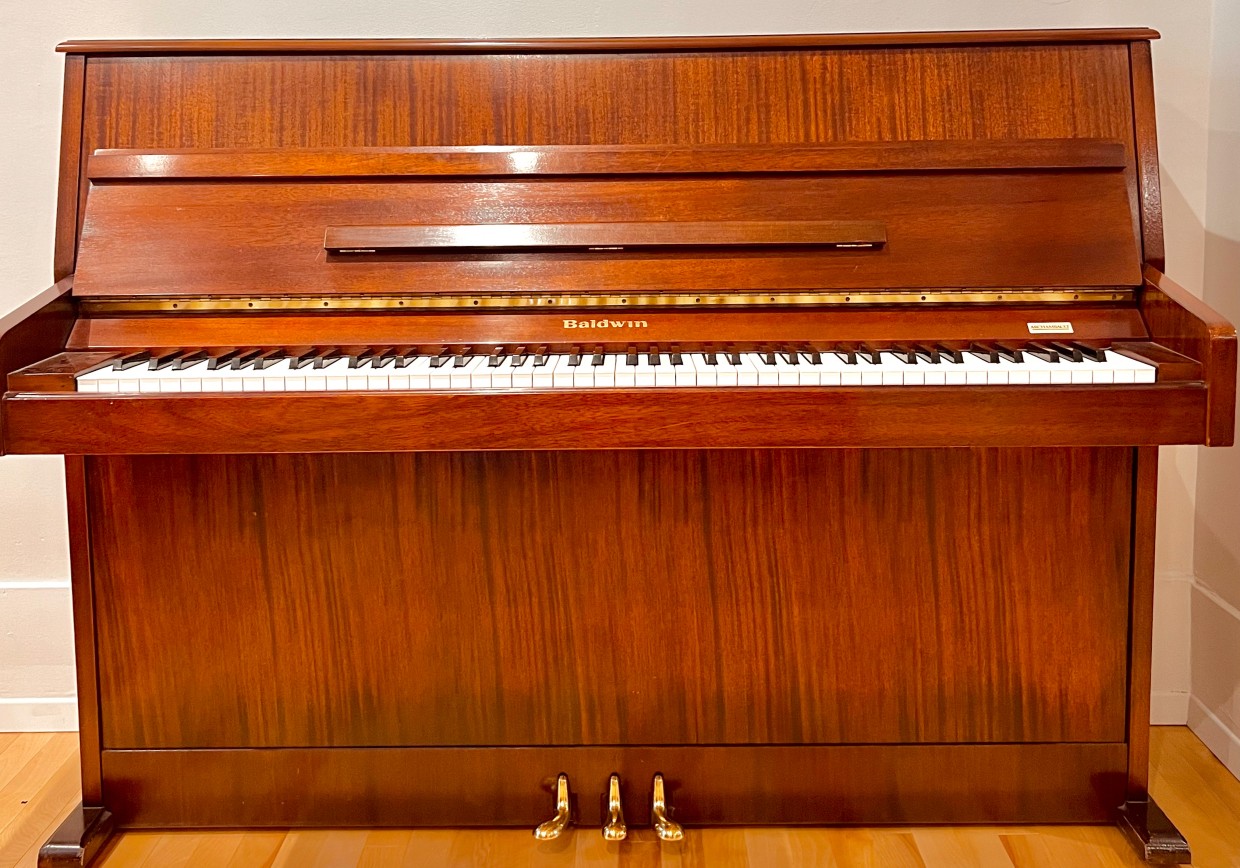
The rate for the tuning service will be based on a number of hours the technician must spend tuning your piano. So, to make it clear: a simple tuning or a tuning with tuning or mechanical adjustment are operations that require a different duration of time! You need to speak with the technician and explain you needs.
Simple tuning (standard) at A 440 Hz : duration – +/-1h30 – price -$140-$180 Tuning / General check of the mechanics / Adjust the pedals
Mechanical tuning price : $65-75/h – two types of piano tuning are possible: light tuning and firm tuning. The adjustment will be made to minimize as much as possible the effort produced by the pianist’s finger to make the string sound.
Repairs: price – $60-75/h (around 4 hours of work)
Harmonization price: $60-75/h (7-9 hours of work) Harmonization consists of reconditioning the felt of the hammer heads degraded by repeated shock and humidity in the air, resulting in a soft and lackluster sound. Harmonization will allow you to change the dynamic spectrum, sound color and other parameters in order to adapt the piano voice to your personal taste (within certain limits).
Estimate the value of a piano : $70-$120 (depending on its form – verbal or written)
Are you a piano seller or buyer and want to know the value of the piano? Calling a technician will be the ideal solution!
Dampp-Chaser Humidity Control Systems (purchase and installation): price-$500-600 (all will depend on the type of piano-upright or grand)
The Dampp Chaser air conditioning system has been designed to keep your piano’s humidity normal. This device will improve the tuning stability of your piano and will preserve the internal parts and the soundboard.
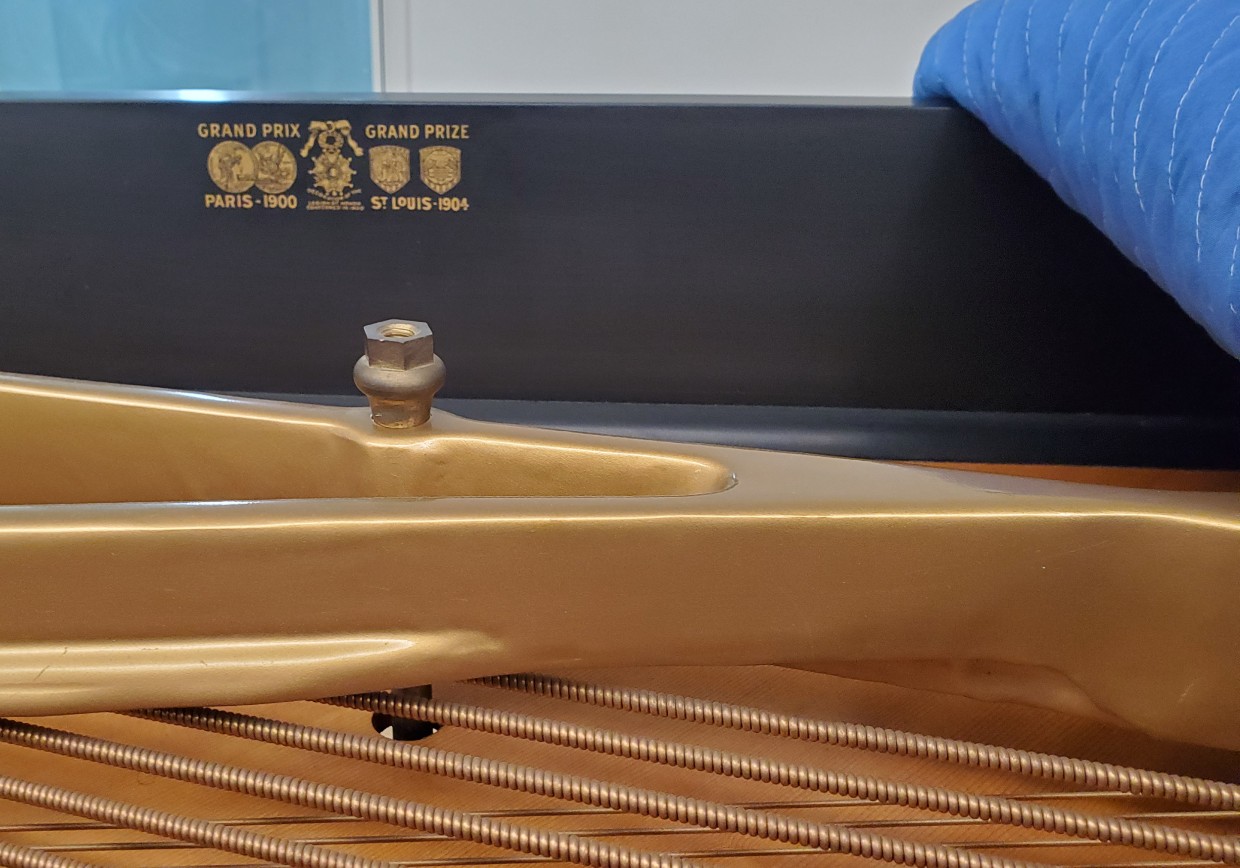
Finding a qualified piano tuning technician can be a daunting task. It is important to ensure that the technician you choose is:
A professional technician has the qualifications and certifications necessary to properly tune your piano. He should also have experience in this field, which will allow him to know the different types of pianos and their tuning needs. It is important to find a reputable technician who has a good reputation in the industry. To do this, you can ask friends and family for referrals, or check reviews online. By taking the time to find a qualified technician, you can ensure that your piano is tuned correctly and will last for months. We hope these tips help you find the best technician for your piano.
Below is the list of tuners we trust.
Michel Hébert : https://www.pianos-passion.com/
Laurence Daoust: https://pianosdaoust.com/
René Sauriol: https://pianorenesauriol.ca/
Julie Quivoron: http://www.piano-montreal.com/
Rejean Dugal: http://rejeandugalpiano.com/fr/villes-desservies/region-de-montreal/
Piano Technique Montreal: https://pianotechniquemontreal.com/
Patrick Brennan: https://accord-piano-montreal.com/accord/
Mario Bruneau: https://pianos.mariobruneau.com/
Piano Estrie : https://www.pianestrie.com/
Michel Lachance: https://michellachance.com/
Guillaume the tuner: https://guillaumelaccordeur.ca/
Emile Beaudet: https://www.emilebeaudet.ca/
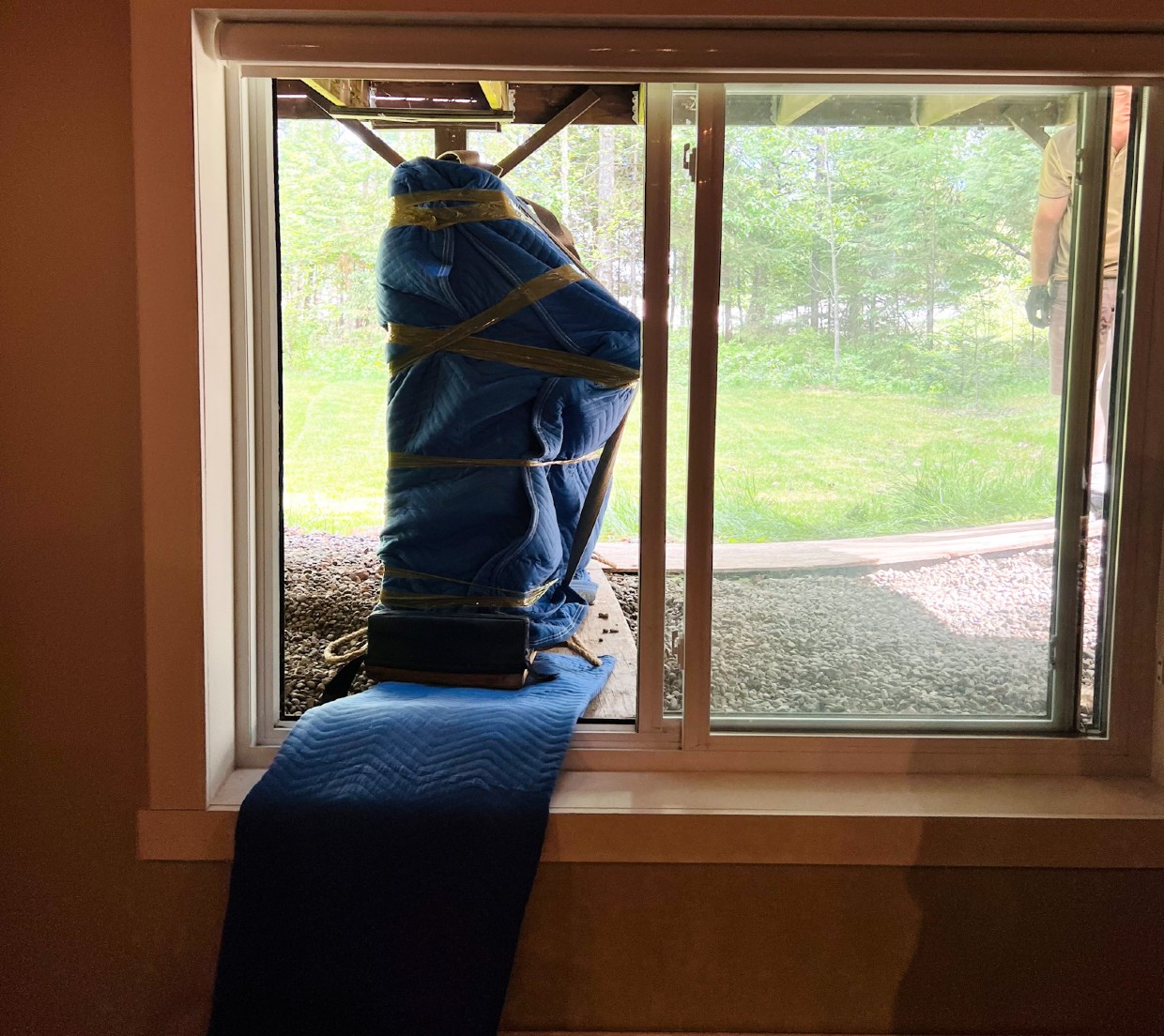
Tuning a piano consists of adjusting the tension of the strings of a piano in order to tune them to each other and to a reference pitch. This operation is carried out by a qualified piano technician using specialized tools and techniques.
Common piano repair techniques include replacing broken strings, adjusting key action, and adjusting hammers. Other repairs may include replacing worn parts, cleaning and lubricating action, and aligning hammers.
If your piano is out of tune, you may notice that some notes are higher or flatter than others. You may also hear a buzzing or clicking sound coming from the strings. If in doubt, it is best to call a qualified technician to inspect your piano.
You can find a qualified technician by asking friends or family for referrals, searching online for local technicians, or contacting your local music store. Remember to ask for references and check the technician’s credentials before hiring him.
To maintain a well-tuned piano, it is important to keep the instrument in a stable environment with consistent humidity and temperature. It is also important to have your piano tuned regularly by a qualified technician. Additionally, one should avoid placing heavy objects on the piano and keep it away from direct sunlight.
As a general rule, it is recommended to have your piano tuned at least once a year. However, if you play your piano often, you may need to have it tuned more often. It is best to consult a qualified piano technician to determine the best tuning schedule for your instrument.
Regularly tuning your piano can help you keep your instrument sounding its best and avoid costly repairs in the future. Tuning your piano regularly can also help maintain its value and ensure its longevity for many years.

Piano purchase 2024

Questions transport piano 2024

Piano technician 2024